Learn about the nursing care plan and management of patients with preeclampsia and gestational hypertensive disorders in this guide.
What are hypertensive disorder of pregnancy?
Hypertensive disorders of pregnancy (also known as pregnancy-associated hypertensive disorders, pregnancy induced hypertension) are the most common complications that occur during pregnancy and are a major cause of maternal and fetal morbidity and mortality. These disorders include gestational hypertension, preeclampsia, eclampsia, chronic hypertension, and chronic hypertension with superimposed preeclampsia. If left untreated, preeclampsia can lead to a life-threatening complication called HELLP (hemolysis, elevated liver enzymes, low platelet count) syndrome. It is estimated that preeclampsia alone complicates 2-8% of pregnancies globally.
Hypertensive disorders in pregnancy include five categories of hypertension and are defined as such by the American College of Obstetricians and Gynecologists (ACOG):
Gestational Hypertensive Disorders
- Gestational hypertension. Defined as a systolic blood pressure of 140 mm Hg or more, and/or diastolic blood pressure of 90 mm Hg or more on two blood pressure readings at least four (4) hours apart after 20 weeks of gestation in a woman with previously normal blood pressure. Gestational hypertension does not persist longer than 12 weeks postpartum and usually resolves after a week postpartum.
- Preeclampsia. Preeclampsia is a pregnancy-specific condition and is defined as a new-onset of hypertension that occurs most often after 20 weeks of gestation. Blood pressure is elevated more than 140 mm Hg systolic, more than 90 mm Hg diastolic. Hypertension is usually accompanied by new-onset proteinuria although other signs and symptoms of preeclampsia (thrombocytopenia, impaired liver function, pulmonary edema, visual disturbance) may present in some women in the absence of proteinuria.
- Eclampsia. Eclampsia is the onset of seizure activity or coma in a woman with preeclampsia with no history of preexisting pathology that can result in seizure activity. Seizure leads to severe maternal hypoxia, injury, and aspiration pneumonia. Eclampsia has an increased maternal mortality rate especially in settings with low resources.
Chronic Hypertensive Disorders
- Chronic hypertension. Chronic hypertension as hypertension diagnosed or present before pregnancy or before 20 weeks of gestation. It is more prevalent with increasing late childbearing and in persons with obesity. Additionally, hypertension that is diagnosed for the first time during pregnancy and that does not resolve postpartum is also classified as chronic hypertension.
- Chronic hypertension with superimposed preeclampsia. Preeclampsia is considered superimposed when it complicates preexisting chronic hypertension. About half of women with chronic hypertension may develop superimposed preeclampsia. It is associated with increased maternal or fetal mortality.
Nursing Care Plans and Management
Nursing care planning and management for pregnant clients with hypertensive disorders or preeclampsia involve early detection, thorough assessment, and prompt treatment of preeclampsia. Another priority is to ensure the mother’s safety and deliver a healthy newborn as close to a full term as possible.
Nursing Problem Priorities
The following are the nursing priorities for patients with preeclampsia & gestational hypertensive disorders:
- Blood pressure management. Monitoring and managing elevated blood pressure levels to prevent complications associated with preeclampsia and gestational hypertensive disorders.
- Fetal monitoring. Regularly assessing fetal well-being through non-stress tests, ultrasounds, or other appropriate methods to ensure the baby’s health and detect any signs of distress.
- Maternal health evaluation. Assessing and managing the overall health of the mother, including monitoring organ function, assessing for signs of severe preeclampsia, and addressing any pre-existing medical conditions.
- Proteinuria monitoring. Regularly testing urine for the presence of protein to assess the severity of preeclampsia and monitor renal function.
- Medication management. Prescribing and monitoring the appropriate medications, such as antihypertensive drugs, to control blood pressure and manage preeclampsia or gestational hypertensive disorders.
- Fluid balance. Monitoring and maintaining appropriate fluid balance to prevent dehydration or fluid overload, especially in cases of preeclampsia with edema or decreased urine output.
- Prevention of complications. Implementing measures to prevent complications associated with preeclampsia, such as eclampsia or HELLP syndrome, by closely monitoring symptoms and providing appropriate interventions.
- Delivery planning. Collaborating with obstetric specialists to determine the optimal timing and mode of delivery based on the severity of preeclampsia, gestational age, and maternal and fetal conditions.
- Maternal education and support. Providing education to the mother regarding preeclampsia, its signs and symptoms, and the importance of self-monitoring and seeking medical attention for any concerning changes.
- Postpartum care. Ensuring appropriate postpartum monitoring and care to address any lingering effects of preeclampsia, manage blood pressure, and support maternal recovery.
Nursing Assessment
Assess for the following subjective and objective data:
- See nursing assessment cues under Nursing Interventions and Actions.
Nursing Diagnosis
Following a thorough assessment, a nursing diagnosis is formulated to specifically address the challenges associated with preeclampsia & gestational hypertensive disorders based on the nurse’s clinical judgment and understanding of the patient’s unique health condition. While nursing diagnoses serve as a framework for organizing care, their usefulness may vary in different clinical situations. In real-life clinical settings, it is important to note that the use of specific nursing diagnostic labels may not be as prominent or commonly utilized as other components of the care plan. It is ultimately the nurse’s clinical expertise and judgment that shape the care plan to meet the unique needs of each patient, prioritizing their health concerns and priorities.
Nursing Goals
Goals and expected outcomes may include:
- The client remains normotensive throughout the remainder of the pregnancy.
- The client reports absence and/or decreased episodes of dyspnea.
- The client alters activity level as the condition warrants.
- The client adheres to the therapeutic regimen and participates in the monitoring, as indicated.
- The client verbalizes understanding of the need for close monitoring of weight, BP, urine protein, and edema.
- The client is free of signs of generalized, pulmonary, and cerebral edema (i.e., epigastric pain, headaches, confusion, dyspnea, nausea/vomiting)
- The client exhibits hemoglobin and hematocrit values and protein levels within normal limits.
- The client exhibits physiological edema with no signs of pitting.
- The client demonstrates normal central nervous system (CNS) reactivity on a nonstress test (NST).
- The client is free of late decelerations.
- The client has no decrease in FHR on the contraction stress test/oxytocin challenge test (CST/OCT).
- The client is full-term, appropriate for gestational age (AGA).
- The client participates in treatment and/or environmental modifications to protect herself and enhance safety.
- The client is free of signs of cerebral ischemia (visual disturbances, headache, changes in mentation).
- The client displays normal levels of clotting factors and liver enzymes.
- The client maintains a treatment regimen to control or eliminate seizure activity.
- The client verbalizes understanding of individual dietary needs.
- The client demonstrates knowledge of proper diet as evidenced by developing a dietary plan within their own financial resources.
- The client maintains or regains weight as indicated by the individual situation.
- The client is free of edema.
- The client identifies signs/symptoms requiring medical evaluation.
- The client maintains BP within individually acceptable parameters.
- The client performs the necessary procedures correctly.
- The client verbalizes understanding of the disease process and appropriate treatment plan.
- The client initiates lifestyle/behavior changes as indicated.
Nursing Interventions and Actions
Therapeutic interventions and nursing actions for patients with preeclampsia & gestational hypertensive disorders may include:
1. Managing Hypertension and Maintaining Effective Cardiac Output
A decrease in circulating blood volume due to the shifting of fluid from the intravascular to the interstitial spaces occurs in a pregnant client with a hypertensive disorder due to the decrease of the circulating blood volume and the total vascular volume and an increase in the systemic vascular resistance, the heart rate decreases as well as the stroke volume. These mechanisms lead to a decrease in cardiac output seen among clients with hypertensive disorders in pregnancy.
Assess blood pressure and pulse every one (1) hour or as indicated.
Accurate measurement of blood pressure is essential for the early detection of hypertensive disorders. Hypertension is defined as a systolic blood pressure greater than 140 mm Hg or diastolic blood pressure greater than 90 mm Hg. Blood pressure may be elevated because of the increase in systemic vascular resistance whereas decreased cardiac output may also be reflected by diminished peripheral pulses. Rising blood pressure indicates the progression of preeclampsia. Use a consistent and standardized method when taking blood pressure measurements to maintain accuracy.
Assess the mean arterial pressure (MAP) at 11-13 and 20-24 weeks gestation. A pressure of 90 mm Hg is considered predictive of preeclampsia.
Mean arterial pressure (MAP) is the average arterial pressure throughout one cardiac cycle and is influenced by cardiac output and systemic vascular resistance. MAP prediction is best when measured during 11-13 weeks and at 20-24 weeks than at only one of these gestational ranges. MAP is increased from the first trimester in pregnancies developing preeclampsia (Gallo et al., 2014). Women with early-onset preeclampsia have higher mean arterial blood pressure levels at 20 weeks of gestation (Mayrink et al., 2019).
Assess for crackles, wheezes, and dyspnea; note respiratory rate/effort. Note client snoring.
Pulmonary edema may transpire with modification in peripheral vascular resistance and a drop in plasma colloid osmotic pressure. Fluid from the intravascular spaces shifts to the interstitial spaces, depleting the circulating blood volume but overwhelming the important organs of the body, especially the lungs. Pregnancy-onset snoring may also be a risk factor for developing gestational hypertension and preeclampsia (O’Brien et al., 2012).
Auscultate for the apical pulse and assess the client’s heart rate and rhythm.
Tachycardia may be present when the body compensates for the decrease in circulating volume that can hardly reach the peripheries and distant tissues.
Assess the client’s neurological status.
Decreased cardiac output can precipitate alternations in the sensorium due to inadequate cerebral perfusion. Neurologic complications associated with preeclampsia may also manifest. These symptoms include cerebral edema, hemorrhage, irritability, headaches, hyperreflexia, seizures.
Assess the client for visual disturbances.
Alteration in the sensorium may indicate inadequate cerebral perfusion secondary to decreased cardiac output. Vision changes are due to arteriolar vasospasms and decreased blood circulation to the retina. These symptoms may include dimming of vision, blind or dark spots in the visual speed, blurring of vision, double vision.
Assess the client for indications for an earlier delivery.
Worsening preeclampsia that may progress to eclampsia warrants the need for an emergency early delivery. The fetal blood supply can be cut off, resulting in fetal distress and ultimately fetal death if delivery is not hastened (Sinkey et al., 2020; Espinoza 2012). These symptoms include uncontrolled severe-range blood pressure, refractory headaches, upper abdominal pain, visual disturbances, stroke.
Monitor and measure the client’s urine output as per protocol. Maintain strict intake and output.
In preeclampsia, the kidneys respond to reduced cardiac output by retaining water and sodium. Intrarenal vasospasms cause oliguria in severe preeclampsia due to a reduction in glomerular filtration rate. Contraction of the intravascular space secondary to vasospasms worsens renal sodium and water retention (ACOG, 2020).
Monitor and measure the client’s 24-hour urine for proteinuria.
Proteinuria is ideally determined by the evaluation of a 24-hour urine collection. However, current guidelines state that massive proteinuria is not considered a severe feature of preeclampsia. Reduced kidney perfusion causes renal deterioration and damages glomerular endothelial cells allowing protein molecules to pass into the urine, causing proteinuria. In some instances where it may be difficult to collect a 24-hour urine sample, preeclampsia may be diagnosed as hypertension with either thrombocytopenia, renal insufficiency, impaired liver function, pulmonary edema.
Provide frequent rest periods with bed rest. Restrict activity rather than instituting complete bed rest.
Improves venous return, cardiac output, and renal-placental perfusion. Help the client understand the importance of reduced activity and frequent rest periods and plan ways to manage them. Activity diverts blood from the placenta, reducing the infant’s oxygen supply. Although frequently recommended by healthcare providers, no evidence has been found that complete bed rest improves pregnancy outcomes. Rather, prolonged bed rest can increase the risk of complications due to immobility (e.g., muscle atrophy, weight loss, cardiovascular deconditioning, psychologic stress, etc.). Therefore, restricted activity rather than complete bed rest is recommended (Ghulmiyyah et al., 2012).
Instruct the client to elevate legs when sitting or lying down.
Elevating the legs decreases venous stasis and may also reduce the incidence of thrombus and embolus formation in the client on bed rest.
Monitor the client’s BP and instruct monitoring of BP at home.
Monitor BP every 15 minutes during the critical phase and every 1 to 4 hours as the client’s condition improves. If the client is an outpatient, instruct both the client and a family member to monitor the BP two to four times per day in the same arm and the same position. A family member must be taught the technique to ensure accurate measurements. Rising blood pressure levels may indicate worsening preeclampsia.
Record and graph vital signs, especially BP and pulse.
The client with preeclampsia does not display the normal cardiovascular response to pregnancy (left ventricular hypertrophy, increased plasma volume, vascular relaxation with decreased peripheral resistance). Hypertension (the second manifestation of preeclampsia after edema) occurs due to increased sensitization to angiotensin II, which increases BP and promotes aldosterone release to increase sodium/water reabsorption from the renal tubules constricts blood vessels.
Monitor for invasive hemodynamic parameters such as cardiac output, as indicated.
Provides a precise picture of vascular changes and fluid volume. Prolonged vascular constriction, increased hemoconcentration, and fluid shifts decrease cardiac output.
Administer low-dose aspirin as indicated.
When initiated before 16 weeks gestation, low-dose aspirin effectively prevents preeclampsia, severe preeclampsia, preterm birth, and intrauterine growth restriction in patients with high-risk pregnancies (Fantasia, 2018; Xu et al., 2015). It is recommended that daily dose aspirin therapy be initiated late in the first trimester for women who have a history of early-onset preeclampsia and subsequent preterm birth at less than 34 weeks of gestation or a history of preeclampsia in more than one previous pregnancy.
Administer antihypertensive medications as ordered. Observe for side effects of antihypertensive drugs.
If blood pressure does not respond to conservative measures, short-term medication may be needed with other therapies (e.g., fluid replacement, magnesium sulfate). Antihypertensive treatment should be initiated as soon as reasonably possible for acute-onset severe hypertension that persists (ACOG, 2020). Antihypertensive drugs work directly on arterioles to promote relaxation of cardiovascular smooth muscles and help increase blood supply to the cerebrum, kidneys, uterus, and placenta (Lightstone, 2013). Intravenous hydralazine, or labetalol, and oral nifedipine are three agents commonly used to control hypertension in pregnancy. See Pharmacologic Management
Prepare for the birth of fetus by cesarean delivery, labor when severe preeclamptic or eclamptic condition is stabilized, but vaginal delivery is not feasible.
If conservative treatment is ineffective and labor induction is ruled out, then surgical procedure is the only means of halting the hypertensive problems. Delivery of the fetus is the cure for preeclampsia. If preeclampsia is severe, the fetus is often in greater danger from being in the uterus because its oxygen and nutritional supply may be cut off or its growth can be restricted. Fetal death sometimes can occur.
2. Preventing Fluid Retention
In a normal pregnancy, fluid retention is a common and expected feature. However, when pregnancy-induced hypertension is a concern, low placental perfusion causes a decrease in GFR and altered glomerular permeability, resulting in protein loss through the kidneys. The loss of intravascular protein results in a decrease in intravascular osmolality and loss of fluid to the interstitial spaces resulting in edema and excessive extravascular fluid retention.
Assess lung sounds and respiratory rate and effort.
Dyspnea and crackles may mean pulmonary edema, which needs immediate treatment. In preeclampsia, the loss of intravascular protein allows fluid to seep out of the intravascular spaces, overwhelming other nearby organs, in this case, the lungs. Orthopnea and paroxysmal nocturnal dyspnea may occur due to an excessive venous return of fluid from the lower extremities that may reach the lungs.
Weigh the client regularly during hospital visits. Advise the client to record weight at home in-between visits.
Weight measurement should be on the same scale, in the same type of clothing, and at the same time of day. Abrupt, notable weight gain (e.g., more than 3.5 lb (1.8 kg) per week in the second or third trimester reflects fluid retention and may indicate preeclampsia. Fluid shifts from the vascular to the interstitial space, resulting in generalized edema.
Assess the client’s vital signs, closely monitoring blood pressure and pulse.
A rise in blood pressure may happen in response to catecholamines, vasopressin, prostaglandins, and, as recent findings suggest, decreased levels of prostacyclin. Increased pulse rate can be due to low intravascular colloid-osmotic pressure caused by increased capillary permeability. This creates higher fluid retention and decreased hydrostatic pressure, inhibiting fluid circulation and congesting the lungs (Froes, 2020).
Assess for the presence of edema and degree of pitting edema.
The presence of pitting edema (mild, 1+ to 2+; severe, 3+ to 4+) of face, hands, legs, sacral area, or abdominal wall, or edema that does not disappear after 12 hours of bed rest is vital. Edema is assessed for distribution, pitting, and degree. Edema may be present on the most dependent body parts where hydrostatic pressure is greatest. It may also be more evident in the feet and ankles of the ambulatory pregnant woman.
Assess for signs of progressive or excessive edema. Assess for possible eclampsia.
Signs for possible eclampsia include epigastric pain, cerebral symptoms, nausea, vomiting. Edema and intravascular fibrin deposition (in HELLP syndrome) within the encapsulated liver are manifested by right upper quadrant pain; dyspnea, indicating pulmonary involvement; cerebral edema, possibly leading to seizures; and nausea, and vomiting, indicating GI edema.
Note alterations in hematocrit/hemoglobin levels.
Identifies degree of hemoconcentration caused by fluid shift. If hematocrit is less than three times hemoglobin level, hemoconcentration exists. Hemoconcentration occurs due to an increase in plasma volume which is higher than the increase in erythrocyte production.
Monitor intake and output. Note urine color, and measure specific gravity as indicated.
Urine output is a sensitive indicator of circulatory blood volume. Decreased blood flow to the kidneys reduces urine production. Oliguria and specific gravity of 1.040 indicate severe hypovolemia and kidney involvement. Administering magnesium sulfate can cause a transient increase in urine output.
Encourage the client to increase protein intake.
Proper nutrition decreases the incidence of prenatal hypovolemia and hypoperfusion; insufficient protein/calories increases the risk of edema formation and preeclampsia. Intake of 80–100 g of protein may be required daily to replace losses. Protein becomes depleted as the glomeruli become damaged and cannot prevent it from being excreted through the urine.
Review moderate sodium intake of up to 6 g/day. Advise clients to read food labels and avoid foods high in sodium.
Some sodium intake is necessary because levels below 2–4 g/day result in greater dehydration in some clients. High sodium foods include processed meat such as bacon, luncheon meats, hot dogs, potato chips, etc. However, excess sodium may increase edema formation and increase the risk for hypertension.
Schedule prenatal visit every 1-2 weeks if mild preeclampsia; weekly if severe.
Important to monitor changes more closely for the well-being of the client and fetus. BP monitoring twice weekly combined with fetal non-stress test, amniotic fluid index evaluation, and laboratory evaluations may be indicated (Luger & Knight, 2021).
Educate the client and family members or significant others on home monitoring/day-care programs, as appropriate.
Some mildly hypertensive clients without proteinuria may be managed on an outpatient basis if adequate surveillance and support are provided, and the client/family actively participates in the treatment regimen.
Substitute fluids orally or parenterally via an infusion pump, as indicated.
Fluid replacement treats hypovolemia yet must be given cautiously to prevent overload, especially if interstitial fluid is drawn back into circulation when activity is reduced. With renal involvement, fluid intake is restricted; i.e., if the output is reduced (less than 700 ml/24 hr), total fluid intake is restricted to approximate output plus insensible loss. The use of an infusion pump allows more accurate control delivery of IV fluids.
Respond to questions and review rationale for avoiding the use of diuretics to treat edema.
Diuretics further increase the chances of dehydration by decreasing intravascular volume and placental perfusion, and they may cause thrombocytopenia, hyperbilirubinemia, or alteration in carbohydrate metabolism in fetus/newborn. Diuretics may be useful in treating pulmonary edema.
Examine clean-catch, first-voided urine specimen for protein each visit, or daily/hourly as appropriate if hospitalized. Report readings of 2+ or greater.
Aids in identifying the degree of severity/progression of the condition. A 2+ reading implies glomerular edema or spasm. Proteinuria affects fluid shifts from the vascular tree. Urine contaminated by vaginal secretions may test positive for protein, or dilution may result in a false-negative result. In addition, preeclampsia may be present without significant proteinuria.
Collaborate with a dietitian as indicated.
A nutritional consult may be beneficial in determining individual needs/dietary plans. Dietary sodium and potassium intake are believed to significantly contribute to the changes in blood pressure in the general and hypertensive population (Lu et al., 2018).
When the fluid deficit is severe, and the client is hospitalized:
Insert indwelling catheter if kidney output is reduced or is less than 50 ml/hr.
Allows more accurate monitoring of output/renal perfusion. Decreased cardiac output results in impaired kidney perfusion, sodium and water retention, and reduced urine output.
Assist with insertion of lines and monitoring of invasive hemodynamic parameters, such as central venous pressure (CVP) and pulmonary artery wedge pressure (PAWP).
Gives a more precise measurement of fluid volume. In normal pregnancy, plasma volume increases by 30%–50%, yet this increase does not occur in preeclampsia clients.
Monitor serum uric acid and creatinine levels and blood urea nitrogen (BUN).
Uric acid clearance is decreased, but serum uric acid levels increase. Elevated uric acid levels indicate impaired kidney function, worsening maternal condition, and poor fetal outcome. Elevated serum uric acid is also a biomarker for preeclampsia and contributes to the pathogenesis of maternal and fetal manifestations (Johnson et al., 2011).
Administer platelets, fibrinogen, or fresh, frozen plasma (FFP) as indicated.
Clients with HELLP syndrome awaiting delivery of the fetus may benefit from transfusion of platelets when the count is below 5,000 u/L with active bleeding or hemorrhage risk. In the case of coagulopathy, the coagulation factors must be corrected with fibrinogen and fresh, frozen plasma (El Allani et al., 2020).
3. Maintaining Adequate Tissue Perfusion
Hypertensive disorders of pregnancy cause a reduction in the maternal blood and nutrition flow through the placenta and decrease the oxygen available to the fetus. The fetus may have intrauterine growth restriction, and fetal death may sometimes occur.
Evaluate fetal growth through McDonald’s measurement; measure progressive fundal growth at each office visit or periodically during home visits, as appropriate.
Reduced placental functioning may accompany pregnancy-induced hypertension, resulting in intrauterine growth restriction (IUGR). Blood and nutrition flow through the placenta is reduced, decreasing the oxygen available to the fetus. Chronic intrauterine stress and uteroplacental insufficiency decrease the amount of fetal contribution to the amniotic fluid pool.
Assess fetal heart rate (FHR) manually or electronically, as indicated.
Helps evaluate fetal well-being. An elevated FHR may show a compensatory response to hypoxia, prematurity, or abruptio placentae.
Assess fetal response to biophysical profile (BPP) criteria or contraction stress test (CST), as maternal status indicates.
BPP helps evaluate fetus and fetal environment on five specific parameters to assess CNS function and fetal contribution to the amniotic fluid volume. CST assesses placental functioning and reserves.
Assess for amniotic fluid volume (AFV), as indicated.
Assessment of AFV allows the detection of oligohydramnios. AFV can be assessed with ultrasound measurements or by amniotic fluid index. Abnormal placentation occurs due to the failure of appropriate remodeling of the spiral arteries, resulting in higher resistance to placental blood flow and hypoperfusion of the placenta. These processes can result in oligohydramnios, fetal hypoxia, and fetal distress (Fox et al., 2019).
Advise bedrest and restriction of activities.
Activity restriction allows blood that would be circulated to the skeletal muscles to be conserved for circulation to the mother’s vital organs and the placenta. The woman should remain on reduced activity with frequent rest periods lying on her side to improve blood flow to the placenta.
Educate the mother and family members about the home assessment or identifying daily fetal movements and when to seek immediate medical attention.
Decrease in placental blood flow results in reduced gas exchange and impaired healthy functioning of the placenta. Potential outcomes of poor placental perfusion include a malnourished, low birth weight infant, and prematurity associated with early delivery, abruptio placentae, and fetal death. Reduced fetal activity means fetal compromise.
Identify and educate the mother and family members about fetal activity factors.
Cigarette smoking, medications, drug use, serum glucose levels, environmental sounds, time of day, and the sleep-wake cycle of the fetus can increase or decrease fetal movement. The woman should report a decrease in movements or if none occur during 3 hours.
Report signs of abruptio placentae (i.e., vaginal bleeding, uterine tenderness, abdominal pain, and decreased fetal activity).
Immediate attention and intervention increase the likelihood of a positive outcome. Placental abruption occurs when there is a compromise of the vascular structures supporting the placenta. These vascular structures deliver oxygen and nutrients to the fetus (Schmidth et al., 2021).
Present contact number for the client and family members to direct questions, address changes in daily fetal movements and maternal condition.
Provides a chance to address concerns and misconceptions and intervene promptly, as indicated.
Note the fetal response to medications such as magnesium sulfate (MgSO4), phenobarbital, and diazepam.
Depressant effects of medication reduce fetal respiratory and cardiac function and fetal activity level, even though placental circulation may be adequate.
Assist with assessing fetal maturity and well-being using lecithin-sphingomyelin (L/S) ratio, prostaglandins, estriol levels, fetal breathing movements, and sequential sonography beginning at 20–26 weeks’ gestation.
In the event of declining maternal/fetal condition, risks of delivering a preterm infant are weighed against the risks of continuing the pregnancy, using results from evaluative studies of lung and kidney maturity, fetal growth, and placental functioning. Intrauterine growth restriction (IUGR) is associated with reduced maternal volume and vascular changes.
Assist with assessing maternal plasma volume at 24–26 weeks’ gestation using Evans’ blue dye when indicated.
Identifies fetus at risk for IUGR or intrauterine fetal demise associated with reduced plasma volume and reduced placental perfusion.
Assist in Doppler ultrasound of the fetal umbilical artery.
The use of umbilical artery Doppler ultrasound for fetal surveillance in high-risk pregnancies is supported by several RCTs and systematic reviews. Doppler ultrasound of the fetal umbilical artery measures the blood flow patterns through the artery as an indicator of placental perfusion. If the umbilical artery flow is absent or reversed during end-diastole, this illustrates abnormally high placental resistance, reducing fetal blood flow (Fox et al., 2019).
Utilizing ultrasonography assist with the assessment of placental size.
Reduced placental function and size are associated with preeclampsia. A common pathological feature of preeclampsia is the failure of the maternal arteries supplying the placenta to undergo the physiological adaptations of a normal pregnancy that facilitate adequate placental perfusion (Schmidt et al., 2021).
Administer a single course of corticosteroid (dexamethasone, betamethasone) IM for at least 24–48 hr, but not more than seven days before delivery, when severe preeclampsia necessitates premature delivery between 26 and 34 weeks gestation.
Corticosteroids are thought to induce fetal pulmonary maturity (surfactant production) and prevent respiratory distress syndrome, at least in a fetus delivered prematurely because of condition or inadequate placental functioning. Best results are obtained when the fetus is less than 34 weeks gestation and delivery occurs within a week of corticosteroid administration.
4. Preventing Injury
Vasospasm and decreased organ perfusion are the main characteristics of preeclampsia, which can lead to cerebral vasospasm. Endothelial dysfunction occurs at the site of the uterus and at the cerebral endothelium, which leads to neurological disorders, including eclampsia. Progression to eclampsia occurs when the woman has one or more generalized tonic-clonic seizures. An eclamptic seizure may result in cerebral hemorrhage, abruptio placentae, fetal compromise, or death of the mother or fetus.
Assess for central nervous system (CNS) involvement.
Cerebral edema and vasoconstriction can be evaluated in terms of symptoms, behaviors, or retinal changes. Elevated blood pressure from preeclampsia causes dysfunction of autoregulation of the cerebral vasculature, which causes hypoperfusion, endothelial damage, or edema. These symptoms include headache, irritability, visual disturbances, or changes on fundoscopic examination.
Assess for alterations in level of consciousness.
In progressive preeclampsia, vasoconstriction and vasospasms of cerebral blood vessels reduce oxygen consumption by 20% and cerebral ischemia.
Assess the client’s deep tendon reflexes (3+ to 4+) and ankle clonus.
Deep tendon reflexes become hyperactive because of central nervous system irritability. Ankle clonus is generally accompanied by hyperreflexia. To assess for ankle clonus, the nurse supports the leg with the knee flexed with one hand. Using the other hand, the nurse sharply dorsiflexes the foot and holds the position for a moment, and then releases the foot. Normal response (negative clonus) is elicited when no rhythmic oscillations are felt while the foot is held in dorsiflexion. Abnormal response (positive clonus) is recorded when the nurse feels and sees the oscillations against this pressure. Video for sustained ankle clonus can be watched here.
Assess for signs of labor at every visit.
Ask the client if she feels any signs of contractions, vaginal bleeding, or leaking of fluid. Prenatal care is performed to determine any pregnancy complications and perform early interventions, as indicated.
Assess the client’s vital signs.
A client with systolic blood pressure greater than or equal to 140 mmHg and diastolic blood pressure greater than 90 mmHg meets the criteria for new-onset hypertension. Additionally, shortness of breath may suggest pulmonary edema, which is concerning for the development of preeclampsia.
Assess for the presence of epigastric or RUQ pain.
Assess the client for any complaints of epigastric pain, RUQ pain, or even heartburn. Liver ischemia is caused by decreased organ perfusion leading to pain in the epigastric area, nausea and vomiting, and elevated liver enzymes.
Perform fundoscopic examination regularly.
It helps to evaluate changes or severity of retinal involvement. Visual disturbances such as blurring of vision, scotoma, and photopsia are common in women with preeclampsia and eclampsia. Vasoconstriction causes retinal arteriolar spasm, which in turn results in visual disturbances.
Palpate for uterine tenderness or rigidity; check for vaginal bleeding—review history of other medical problems.
These signs may indicate abruptio placentae, especially if a pre-existing medical problem, such as diabetes mellitus or a renal or cardiac disorder, causes vascular involvement.
Emphasize the importance of the client promptly reporting signs/symptoms of CNS involvement.
Delayed treatment or progressive onset of symptoms may result in tonic-clonic convulsions or eclampsia. Symptoms that commonly precede a convulsion are severe, persistent headaches, blurred vision, photophobia, epigastric pain, or heartburn.
Establish measures to lessen the likelihood of seizures.
Keeping the room quiet and dimly lit, limiting visitors, planning and coordinating care, and promoting rest lessen environmental factors that may stimulate irritable cerebrum and cause a convulsive state.
Review test results of clotting time, prothrombin time (PT), partial thromboplastin time (PTT), and fibrinogen levels.
These tests can indicate depletion of coagulation factors and fibrinolysis and may suggest disseminated intravascular coagulation (DIC), which indicates a worsening of preeclampsia. As the blood vessels constrict, the formation of clots occurs to repair the endothelial damage until the body’s platelet supply is diminished.
Enforce seizure precautions per protocol.
If a seizure does occur, a seizure protocol reduces the risk of injury.
Advise the client to maintain strict bedrest if prodromal signs or aura are experienced and explain the necessity for these actions.
Explain that eclampsia is usually preceded by prodromal signs such as persistent headache, blurring of vision, severe epigastric pain, altered mental status, and abdominal pain. The client may feel restless during the aural phase. Understanding the importance of providing for own safety needs may enhance client cooperation.
In the event of a seizure, ensure a patent airway and promote client safety.
Stay with the client during and after a seizure. Do not leave the bedside and call for assistance.
Promotes client safety and reduces the sense of isolation during the event.
Keep padded side rails up pillows or folded blankets. Set the bed in the lowest position.
Women with eclampsia are prone to sustaining fractures from falling out of bed during seizures. Minimizes injury should frequent or generalized seizures occur while the client is in bed.
Do not attempt to restrain or restrict the client’s movements during the seizure.
Cradle the client’s head, place it on a soft area and assist to the floor if out of bed. Gentle guiding of extremities reduces risk or physical injury when the client lacks voluntary muscle control. If an attempt is made to restrain the client during the seizure, erratic movements may increase, and the client may injure themselves or others.
Note the time of onset and duration of the seizure. Document motor involvement, duration of seizure, and post-seizure behavior.
Helps localize the cerebral area of involvement and may be useful in helping the client and family members manage seizure activity.
Turn the client’s head on the side; insert airway/bite block per facility protocol only if the jaw is relaxed; suction nasopharynx, as indicated.
Helps ensure a patent airway and reduces the risk of oral trauma but should not be “forced” or inserted when teeth are clenched because dental and soft-tissue damage may result.
Check for the patency of the intravenous line. Restart the IV line immediately if infiltrated.
Check whether the IV line is still patent after seizure activity. Start a new line with a gauge 18 needle and administer magnesium sulfate as ordered. See interventions for magnesium sulfate administration below.
Administer oxygen 10 L/min by a non-rebreather face mask. Monitor pulse oximetry.
After convulsions, administration of supplementary oxygen treats postictal hypoxemia.
Observe for signs and symptoms of labor or uterine contractions. Assess uterine activity, cervical status, and fetal status.
Convulsions increase uterine irritability, becoming hypercontractile and hypertonic. As a result, the membranes may have ruptured, or the cervix may have dilated rapidly. Labor and birth may ensue after seizure activity.
Assess fetal well-being, noting fetal heart rate (FHR).
During seizure activity, fetal bradycardia may occur, including late decelerations. The placental blood flow can be cut off, which will lead to fetal distress and death.
Monitor for signs of disseminated intravascular coagulation (DIC), easy/spontaneous bruising, prolonged bleeding, epistaxis, GI bleeding.
Abruptio placentae with the release of thromboplastin predispose the client to DIC. DIC occurs when platelets rush to repair the endothelial damage until their numbers are diminished, resulting in bleeding in the woman.
Be prepared to assist with birth when the client is stable.
Following an eclamptic seizure and after stabilizing the client and fetus, a decision is made regarding the timing and method of birth. Eclampsia, by itself, is not an indication of immediate cesarean birth. The route and timing of birth depending on the condition of the mother and fetus, gestational age of the fetus, presence of labor, and cervix score.
Administer magnesium sulfate (MgSO4) intramuscularly or IV using an infusion pump. Magnesium sulfate is the drug of choice for treating eclamptic seizures and preventing repeated seizures. MgSO4 is a CNS depressant that decreases acetylcholine release, blocks neuromuscular transmission, and prevents seizures. It has a transient effect of lowering BP and increasing urine output by altering vascular response to pressor substances. Although IV administration of MgSO4 is easier to regulate and reduces the risk of a toxic reaction, some facilities may still use the IM route if continuous surveillance is not possible or if appropriate infusion apparatus is not available (He, Chen et al., 2020). Note: Adding 1 ml of 2% lidocaine to the IM injection may reduce associated discomfort. Current research suggests the use of phenytoin infusion may be effective in treating eclampsia without the adverse side effects, such as respiratory depression and tocolytic effect on uterine smooth muscle, which can impede labor intrapartum therapy (Khooshideh et al., 2017).
Monitor BP before, during, and after magnesium sulfate (MgSO4) administration. Note serum magnesium levels in conjunction with respiratory rate, patellar/deep tendon reflex (DTRs), and urine output.
A therapeutic level of MgSO4 is achieved with serum levels of 4.0–7.5 mEq/L or 6–8 mg/dL. Adverse/toxic reactions develop above 10–12 mg/dL, with loss of DTRs occurring first, respiratory paralysis between 15–17 mg/dL, or heart block occurring at 30–35 mg/dL.
Prepare calcium gluconate. Give 10 ml (1 g/10 ml) over 3 minutes as indicated.
It serves as an antidote to counteract the adverse/toxic effects of MgSO4. Magnesium toxicity can present in several ways, including diminished deep tendon reflexes, cardiopulmonary arrest, and respiratory depression (Chakraborty & Can, 2021).
Administer amobarbital (Amytal) or diazepam (Valium), as indicated.
Depresses cerebral activity; has a sedative effect when MgSO4 does not control convulsions. These are usually not recommended as first-line therapy because they depress the gag reflex, and their sedative effects also affect the fetus.
Review the results of sequential platelet count. Avoid amniocentesis if the platelet count is less than 50,000/mm3. If thrombocytopenia is present during the operative procedure, use general anesthesia. As indicated, transfuse with platelets, packed red blood cells, fresh frozen plasma, or whole blood. Rule out HELLP (hemolysis, elevated liver enzymes, low platelets) syndrome.
Thrombocytopenia may arise because of platelet adherence to disrupted endothelium or reduced prostacyclin levels (a potent inhibitor of platelet aggregation). Invasive procedures or anesthesia requiring needle puncture (such as spinal/epidural) could result in excessive bleeding.
Monitor liver enzymes and bilirubin; note hemolysis and presence of Burr cells on peripheral smear.
An elevated liver enzyme (aspartate transaminase [AST], alanine transaminase [ALT]) and bilirubin levels, microangiopathic hemolytic anemia, and thrombocytopenia may indicate the presence of HELLP syndrome, signifying a need for immediate cesarean delivery if the condition of the cervix is unfavorable for induction of labor.
Hospitalize if central nervous system (CNS) involvement is present.
Immediate introduction of therapy helps to ensure safety and limit complications.
Prepare for cesarean birth if preeclampsia is severe, placental functioning is compromised, and cervix is not ripe or responsive to induction.
When fetal oxygenation is severely reduced owing to vasoconstriction within the malfunctioning placenta, immediate delivery may be necessary to save the fetus.
5. Promoting Adequate Nutrition
With hypertensive disorders of pregnancy, the reduced placental perfusion of the pregnant woman causes endothelial disruption that leads to vasoconstriction and water and sodium retention. Local vasospasm in the kidneys causes glomerular damage leading to oliguria and proteinuria. The loss of protein can cause malnutrition and muscle wasting in pregnant women. Additionally, vascular permeability is compromised due to the loss of protein, allowing water to shift from the intravascular space to the interstitial spaces, resulting in generalized edema.
Assess the client’s nutritional status, dietary intake, condition of hair and nails, and height, and pregravid weight.
Establishes guidelines for determining dietary needs and educating the client. Malnutrition may be a contributing factor to the onset of preeclampsia, specifically when the client follows a low-protein diet, has insufficient caloric intake, and is overweight or underweight by 20% or more before conception.
Assess the client’s weight daily, preferably in the morning before breakfast.
Weigh the client on the same weighing scale, with the same amount of clothes, and at the same time of the day to increase the accuracy of results. Changes in excess of 0.5 kg (1.1 lb) may reflect shifts in fluid balance.
Provide information about normal weight gain in pregnancy, adjusting the information to meet the client’s needs.
The underweight client with a BMI of less than 18.5 should gain 28-40 pounds and may need a diet higher in calories throughout the pregnancy. The obese client with a BMI of 25.0 to 29.9 should gain 15 to 25 pounds and should avoid dieting throughout the pregnancy because it places the fetus at risk for ketosis (CDC, 2021).
Educate the client and family members about the action and uses of protein and its role in the development of preeclampsia.
Regular intake of 80–100 g/day (1.5 g/kg) of protein is sufficient to replace proteins lost in the urine and allow for normal serum oncotic pressure. The DASH Trial (Dietary Approaches to Stop Hypertension) and the OmniHeart (Optimal Macronutrient Intake Trial to Prevent Heart Disease) were two large-scale interventional studies seeking to evaluate the effect of implementing healthy dietary patterns in adults, and the overall results from both trials confirmed the health benefit associated with greater plant protein consumption (Abais-Battad et al., 2018).
Advise the client to have frequent rest periods and limit activity to conserve protein requirements.
Decreasing metabolic rate through bed rest and limited activity reduces protein needs. Additionally, the fetal demands can also take a toll on maternal nutrient needs. Therefore, rest and an appropriate dietary plan can help conserve protein requirements.
Advise the pregnant woman to increase consumption of protein-containing foods, as indicated. Ensure a balanced diet with adequate fluid intake.
Protein is abundant in lean meat, vegetables, eggs, and fish. As indicated by a dietitian, the client may add more protein by consuming these foods. During pregnancy, poor nutrition practice is linked with gestational weight gain and preeclampsia (Zelalem et al., 2017).
Monitor laboratory studies, such as BUN, sodium, and potassium.
Indicators of nutritional needs, restrictions, and the necessity for and effectiveness of therapy.
Collaborate with a dietitian, as indicated.
Helpful in creating individual dietary plans incorporating specific needs/restrictions. Nutrition education during pregnancy about a healthy diet and a healthy lifestyle can be the right time to encourage adequate daily iron, folic acid intake, and other pregnancy-specific foods (Zelalem et al., 2017).
6. Initiating Patient Education and Health Teachings
The pregnant client with a hypertensive disorder may not be aware of the processes that can lead to the development of the disease and how it could be prevented or managed. Furthermore, the client and the family members need an understanding of the interventions that are appropriate for this disease process.
Assess the client’s or family member’s knowledge of the disease process. Provide information about the pathophysiology of preeclampsia, implications for mother and fetus.
Establishes a database and provides information. Provide information about areas in which learning is needed. The pathophysiology of pregnancy-induced hypertension is related to a mechanism of reduced placental perfusion inducing systemic vascular endothelial dysfunction. This arises due to the inability of the uterine spiral arteries to vasodilate, decreasing the fetus’ blood and nutrient supply and increasing the mother’s blood pressure (Braunthal & Brateanu, 2019).
Assess the client’s or family member’s knowledge about the rationales for interventions, procedures, and tests, as needed.
Taking information can improve understanding and reduce fear, helping to facilitate the treatment plan for the client. Note: Current research in progress may provide additional treatment options, such as using low-dose (60 mg/day) aspirin to reduce thromboxane generation by platelets, limiting the severity/incidence of preeclampsia (Pradhan et al., 2020).
Provide information about signs/symptoms indicating worsening of the condition, and instruct the client when to notify the healthcare provider.
Helps ensure that the client seeks timely treatment and may prevent worsening of preeclamptic state or additional complications. Instruct the client to report any signs of headaches, new-onset visual changes, new-onset epigastric or RUQ pain, decreased fetal movement, and severe dyspnea. These symptoms are indicative of severe preeclampsia that may progress to eclampsia, and therefore needs immediate intervention.
Inform the client of health status, results of tests, and fetal well-being.
Fears and anxieties can be compounded when the client or family members do not have adequate information about the state of the disease process or its impact on the client and fetus. When the client understands the consequences of inadequate intervention and is motivated to achieve health, the client typically participates in treatment interventions.
Educate the client on monitoring her weight at home and notify the healthcare provider if the gain is more than 2 lbs (0.9 kg)/wk, or 0.5 lb (0.23 kg)/day.
A gain of 3.5 lbs (1.59 kg) or greater per month in the second trimester or 1 lb (0.45 kg) or greater per week in the third trimester suggests preeclampsia.
Educate and assist family members in learning the procedure for home monitoring of blood pressure.
Encourages cooperation in the treatment regimen, allows immediate intervention as needed, and may reassure that efforts are beneficial. Blood pressure monitoring should be taught to family members two to four times per day in the same arm and the same position.
Review techniques for stress management and diet restriction.
Strengthens the importance of the client’s responsibility in treatment. Healthcare personnel must examine a pregnant woman’s stress levels and recommend practical stress management strategies based on their particular stressors and conditions. Mental stress during pregnancy has associated an increase in the risk for gestational hypertension (Rasouli et al., 2019; Leener et al., 2009).
Educate the client with possible or mild preeclampsia and ensure enough protein in the diet.
Loss of protein through the urine is common among clients with preeclampsia because of glomerular damage, leading to excessive protein excretion. Protein is essential for intravascular and extravascular fluid regulation.
Instruct the client to follow the prescribed dietary regimen that includes a diet low in sodium, saturated fat, and cholesterol.
Excess saturated fats, cholesterol, sodium, and calories have been defined as nutritional risks in preeclampsia. A diet low in fat and high in polyunsaturated fat reduces BP.
Review self-testing of urine for protein. Reinforce rationale for and implications of testing.
A test result of 2+ or greater is vital and needs to be reported to a healthcare provider. Urine specimens contaminated by vaginal discharge or red blood cells may produce positive test results for protein.
Reinforce the importance of adhering to treatment regimens and keeping follow-up appointments.
Lack of engagement in the treatment plan is a common reason for the failure of antihypertensive therapy. Ongoing evaluation for client participation is critical to successful treatment.
Explain prescribed medications and their rationale, dosage, expected and adverse side effects, and particular traits.
Adequate information and understanding about the side effects can enhance the client’s commitment to the treatment plan.
7. Administer Medications and Provide Pharmacologic Support
Administering medications and providing pharmacologic support in patients with preeclampsia and gestational hypertensive disorders play a critical role in managing these conditions and mitigating potential complications. Healthcare providers closely monitor the patient’s response to medication, including blood pressure levels, renal function, and potential side effects.
1. Hydralazine (Apresoline, Neopresol).
Administered intravenously, hydralazine reduces blood pressure by relaxing the smooth muscles. The vasodilating effect reduces peripheral vascular resistance. Check BP every minute for 5 mins then every 5 mins for 30 mins.
2. Labetalol Hydrochloride (Normodyne, Trandate).
Given intravenously, labetalol is an alpha- and beta-blocker that decreases peripheral vascular resistance without significant change in cardiac output or causing tachycardia. Contraindicated with asthma and congestive heart failure. Closely monitor blood pressure after administration.
3. Methyldopa (Aldomet).
Interferes with chemical neurotransmission to reduce peripheral vascular resistance. Can cause CNS sedation, sleepiness, postural hypotension.
4. Nifedipine (Adalat).
Calcium channel blocker that dilates arterioles and decreases systemic vascular resistance by relaxing arterial smooth muscle. Nifedipine can potentiate the CNS effects of magnesium sulfate. Closely monitor blood pressure after administration.
5. Sodium Nitroprusside (Nitropress).
Used in rare scenarios where other antihypertensive agents have failed to control blood pressure.
Evaluation
- Patient must exhibit a normal blood pressure of 120/70 mmHg.
- No presence of protein should be detected in her urine.
- Edema should be minimized or confined to the lower extremities only.
Recommended Resources
Recommended nursing diagnosis and nursing care plan books and resources.
Disclosure: Included below are affiliate links from Amazon at no additional cost from you. We may earn a small commission from your purchase. For more information, check out our privacy policy.
Ackley and Ladwig’s Nursing Diagnosis Handbook: An Evidence-Based Guide to Planning Care
We love this book because of its evidence-based approach to nursing interventions. This care plan handbook uses an easy, three-step system to guide you through client assessment, nursing diagnosis, and care planning. Includes step-by-step instructions showing how to implement care and evaluate outcomes, and help you build skills in diagnostic reasoning and critical thinking.
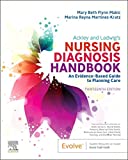
Nursing Care Plans – Nursing Diagnosis & Intervention (10th Edition)
Includes over two hundred care plans that reflect the most recent evidence-based guidelines. New to this edition are ICNP diagnoses, care plans on LGBTQ health issues, and on electrolytes and acid-base balance.

Nurse’s Pocket Guide: Diagnoses, Prioritized Interventions, and Rationales
Quick-reference tool includes all you need to identify the correct diagnoses for efficient patient care planning. The sixteenth edition includes the most recent nursing diagnoses and interventions and an alphabetized listing of nursing diagnoses covering more than 400 disorders.

Nursing Diagnosis Manual: Planning, Individualizing, and Documenting Client Care
Identify interventions to plan, individualize, and document care for more than 800 diseases and disorders. Only in the Nursing Diagnosis Manual will you find for each diagnosis subjectively and objectively – sample clinical applications, prioritized action/interventions with rationales – a documentation section, and much more!
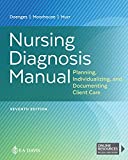
All-in-One Nursing Care Planning Resource – E-Book: Medical-Surgical, Pediatric, Maternity, and Psychiatric-Mental Health
Includes over 100 care plans for medical-surgical, maternity/OB, pediatrics, and psychiatric and mental health. Interprofessional “patient problems” focus familiarizes you with how to speak to patients.
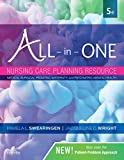
See also
Other recommended site resources for this nursing care plan:
- Nursing Care Plans (NCP): Ultimate Guide and Database MUST READ!
Over 150+ nursing care plans for different diseases and conditions. Includes our easy-to-follow guide on how to create nursing care plans from scratch. - Nursing Diagnosis Guide and List: All You Need to Know to Master Diagnosing
Our comprehensive guide on how to create and write diagnostic labels. Includes detailed nursing care plan guides for common nursing diagnostic labels.
Other care plans related to the care of the pregnant mother and her baby:
- Abortion (Termination of Pregnancy) | 8 Care Plans
- Cervical Insufficiency (Premature Dilation of the Cervix) | 4 Care Plans
- Cesarean Birth | 11 Care Plans
- Cleft Palate and Cleft Lip | 7 Care Plans
- Gestational Diabetes Mellitus | 8 Care Plans
- Hyperbilirubinemia (Jaundice) | 4 Care Plans
- Labor Stages, Induced, Augmented, Dysfunctional, Precipitous Labor | 45 Care Plans
- Neonatal Sepsis | 8 Care Plans
- Perinatal Loss (Miscarriage, Stillbirth) | 6 Care Plans
- Placental Abruption | 4 Care Plans
- Placenta Previa | 4 Care Plans
- Postpartum Hemorrhage | 8 Care Plans
- Postpartum Thrombophlebitis | 5 Care Plans
- Prenatal Hemorrhage (Bleeding in Pregnancy) | 9 Care Plans
- Preeclampsia and Gestational Hypertension | 6 Care Plans
- Prenatal Infection | 5 Care Plans
- Preterm Labor | 7 Care Plans
- Puerperal & Postpartum Infections | 5 Care Plans
- Substance Abuse in Pregnancy | 9 Care Plans
References and Sources
References and sources for this nursing care plan for hypertensive disorders in pregnancy.
- Abais-Battad, J. M., Lund, H., Fehrenbach, D. J., Dasinger, J. H., Alsheikh, A. J., & Mattson, D. L. (2018, 31 December). Parental Dietary Protein Source and the Role of CMKLR1 in Determining the Severity of Dahl Salt-Sensitive Hypertension. Hypertension, 73(2).
- American College of Obstetricians and Gynecologists (ACOG) Committee on Obstetric Practice. (2020). Practice Bulletin #222: Gestational Hypertension and Preeclampsia. Obstetrics & Gynecology, 135, 237-260.
- Arulkumaran, N., & Lightstone, L. (2013). Severe pre-eclampsia and hypertensive crises. Best Practice & Research Clinical Obstetrics & Gynaecology, 27(6), 877-884.
- Benigni, A., Gregorini, G., Frusca, T., Chiabrando, C., Ballerini, S., Valcamonico, A., … & Remuzzi, G. (1989). Effect of low-dose aspirin on fetal and maternal generation of thromboxane by platelets in women at risk for pregnancy-induced hypertension. New England Journal of Medicine, 321(6), 357-362.
- Braunthal, S., & Brateanu, A. (2019, April 10). Hypertension in pregnancy: Pathophysiology and treatment. SAGE, 7.Chakraborty, A., & Can, A. S. (2021, July 2). Calcium Gluconate – StatPearls. NCBI. Retrieved December 14, 2021.
- El Allani, L., Benlamkaddem, S., Berdai, M. A., & Harandou, M. (2020, June 9). A case of massive hepatic infarction in severe preeclampsia as part of the HELLP syndrome. The Pan African Medical Journal, 36(78).
- Espinoza, J. (2012). Uteroplacental ischemia in early‐and late‐onset preeclampsia: a role for the fetus?. Ultrasound in obstetrics & gynecology, 40(4), 373-382.
- Fantasia, H. C. (2018). Low-dose aspirin for the prevention of preeclampsia. Nursing for women’s health, 22(1), 87-92.
- Fox, R., Kitt, J., Leeson, P., Aye, C. Y.L., & Lewandowski, A. J. (2019, October 4). Preeclampsia: Risk Factors, Diagnosis, Management, and the Cardiovascular Impact on the Offspring. Journal of Clinical Medicine, 8(10), 5-6. MDPI.
- Fróes, N. B. M., Lopes, M. V. D. O., Pontes, C. M., Ferreira, G. L., & Aquino, P. D. S. (2020). Middle range theory for the nursing diagnosis Excess Fluid Volume in pregnant women. Revista Brasileira de Enfermagem, 73.
- Gallo, D., Poon, L. C., Fernandez, M., Wright, D., & Nicolaides, K. H. (2014, April 15). Prediction of Preeclampsia by Mean Arterial Pressure at 11–13 and 20–24 Weeks’ Gestation. Fetal Diagnosis and Therapy.
- Ghulmiyyah, L., & Sibai, B. (2012, February). Maternal mortality from preeclampsia/eclampsia. In Seminars in perinatology (Vol. 36, No. 1, pp. 56-59). WB Saunders.
- He, G., Chen, Y., Chen, M., He, G., & Liu, X. (2020, November 13). Efficacy and safety of low dose aspirin and magnesium sulfate in the treatment of pregnancy-induced hypertension A protocol for systematic review and meta-analysis. Medicine (Baltimore), 99(46).
- Johnson, R. J., Kanbay, M., Kang, D.-H., Lozada, L. G. S.-., & Feig, D. (2011, August 29). Uric Acid A Clinically Useful Marker to Distinguish Preeclampsia From Gestational Hypertension. Hypertension, 58(4), 704-708.
- Khooshideh, M., Ghaffarpour, M., & Bitarafan, S. (2017, July 6). The comparison of anti-seizure and tocolytic effects of phenytoin and magnesium sulfate in the treatment of eclampsia and preeclampsia: A randomised clinical trial. Iranian Journal of Neurology, 16(3), 125-129.
- Leeners, B., Wagner, P. N.-., Kuse, S., Stiller, R., & Rath, W. (2009, July 07). Emotional Stress and the Risk to Develop Hypertensive Diseases in Pregnancy. Hypertension in Pregnancy, 26(2), 211-226.
- Leifer, G. (2018). Introduction to Maternity and Pediatric Nursing (8th ed., Vol. 1). Elsevier.
- Lu, Y., Chen, R., Cai, J., Huang, Z., & Hong Yuan. (2018, October 29). The management of hypertension in women planning for pregnancy. British Medical Bulletin, 128(1), 75-84.
- Luger, R. K., & Knight, B. P. (2021, October 9). Hypertension In Pregnancy. Statpearls. Retrieved December 8, 2021.
- Mayrink, J., Souza, R. T., Feitosa, F. E., Rocha Filho, E. A., Leite, D. F., Vettorazzi, J., … & Cecatti, J. G. (2019). Mean arterial blood pressure: potential predictive tool for preeclampsia in a cohort of healthy nulliparous pregnant women. BMC pregnancy and childbirth, 19(1), 1-8.
- O’Brien, L. M., Bullough, A. S., Owusu, J. T., Tremblay, K. A., Brincat, C. A., Chames, M. C., … & Chervin, R. D. (2012). Pregnancy-onset habitual snoring, gestational hypertension, and preeclampsia: prospective cohort study. American journal of obstetrics and gynecology, 207(6), 487-e1.
- Pradhan, M., Kishore, S.V., & Champatiray, J. (2020, April 4). Effect of low dose aspirin on maternal outcome in women at risk for developing pregnancy-induced hypertension. International Journal of Reproduction, Contraception, Obstetrics and Gynecology, 9(4), 1590+.
- Perry, S. E., Hockenberry, M. J., Lowdermilk, D. L., Wilson, D., Alden, K. R., & Cashion, M. C. (2017). Maternal child nursing care-E-Book. Elsevier Health Sciences.
- Rasouli, M., Pourheidari, M., & Gardesh, Z. H. (2019, February 12). Effect of Self-care Before and During Pregnancy to Prevention and Control Preeclampsia in High-risk Women. International Journal of Preventive Medicine, 10(21).
- Schiff, E., Peleg, E., Goldenberg, M., Rosenthal, T., Ruppin, E., Tamarkin, M., … & Mashiach, S. (1989). The Use of Aspirin to Prevent Pregnancy-Induced Hypertension and Lower the Ratio of Thromboxane A2 to Prostcyclin in Relatively High-Risk Pregnancies. New England Journal of Medicine, 321(6), 351-356.
- Schmidt P, Skelly CL, Raines DA. Placental Abruption. [Updated 2021 Jul 5]. In: StatPearls [Internet]. Treasure Island (FL): StatPearls Publishing.
- Sinkey, R. G., Battarbee, A. N., Bello, N. A., Ives, C. W., Oparil, S., & Tita, A. T.N. (2020, August 27). Prevention, Diagnosis, and Management of Hypertensive Disorders of Pregnancy: a Comparison of International Guidelines. Current Hypertension Reports, 22(66), 2. Topical Collection on Preeclampsia.
- Weight Gain During Pregnancy | Pregnancy | Maternal and Infant Health. (2021, May 26). CDC.
- Wisner, K. (2019). Gestational hypertension and preeclampsia. MCN: The American Journal of Maternal/Child Nursing, 44(3), 170.
- Xu, T. T., Zhou, F., Deng, C. Y., Huang, G. Q., Li, J. K., & Wang, X. D. (2015). Low‐Dose aspirin for preventing preeclampsia and its complications: a meta‐analysis. The Journal of Clinical Hypertension, 17(7), 567-573.
- Zelalem, A., Endeshaw, M., Ayenew, M., Shiferaw, S., & Yirgu, R. (2017, July 25). Effect of Nutrition Education on Pregnancy Specific Nutrition Knowledge and Healthy Dietary Practice among Pregnant Women in Addis Ababa. Clinics in Mother and Child Health.
Updated and reviewed by M. Belleza, R.N. and M. Vera, BSN, R.N.
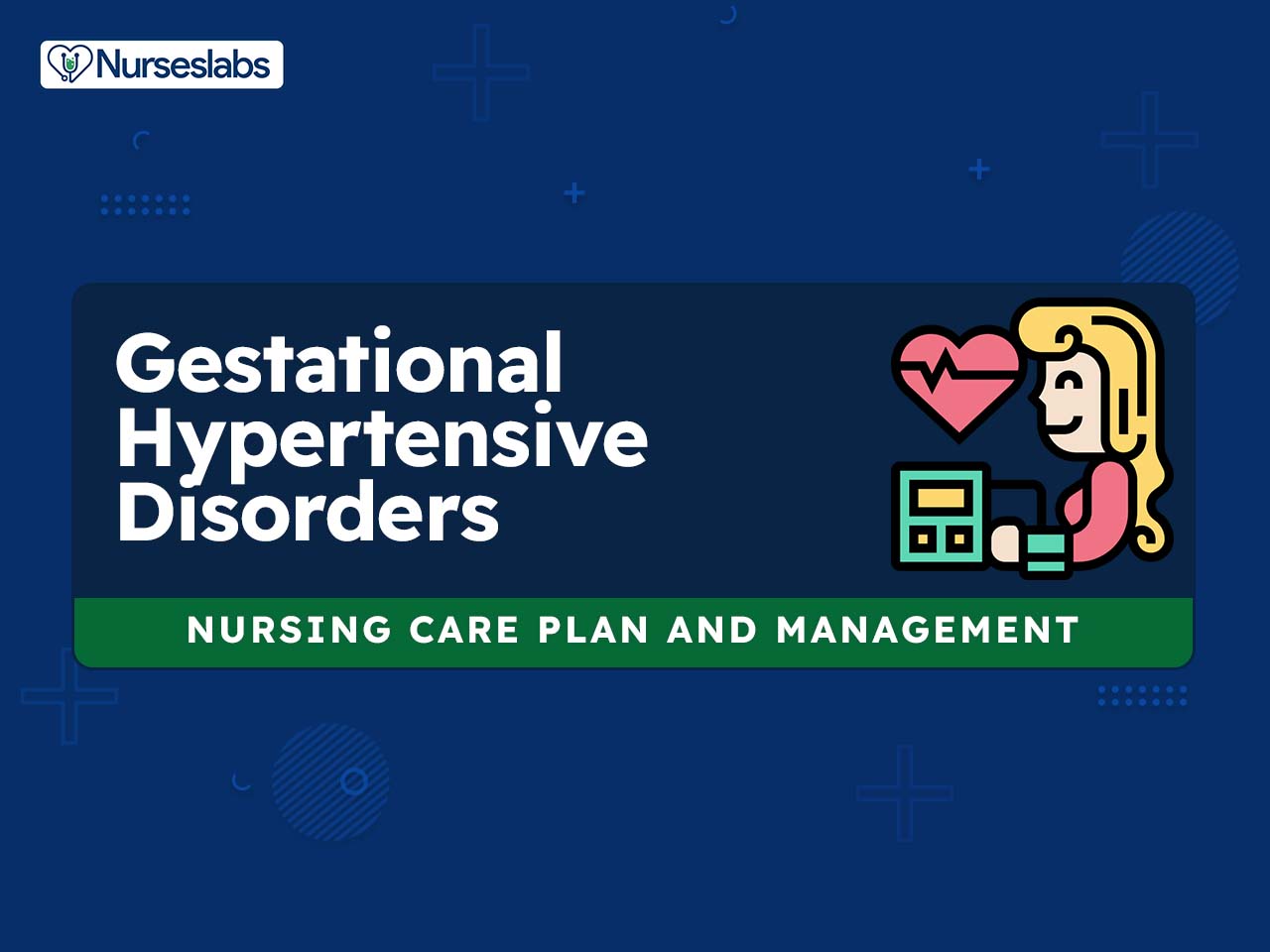


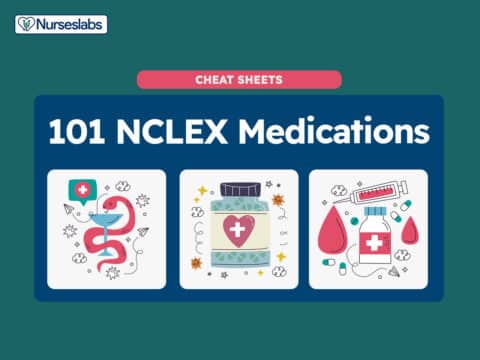
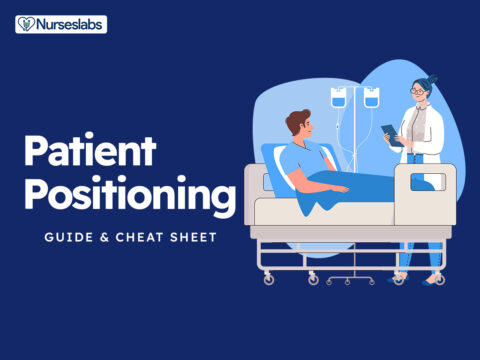

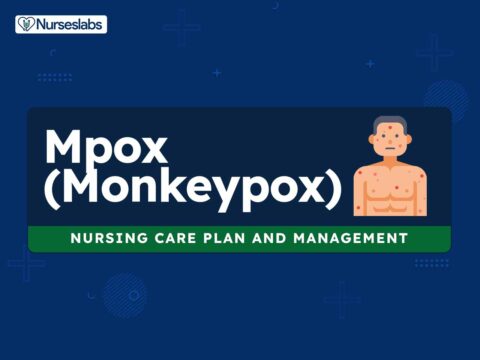


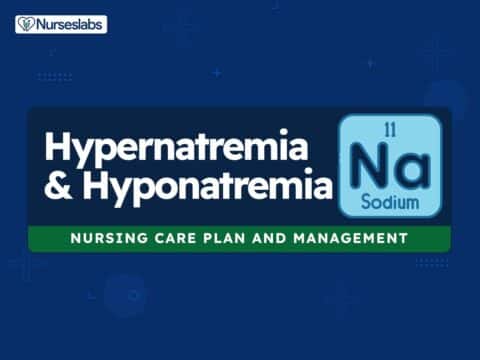


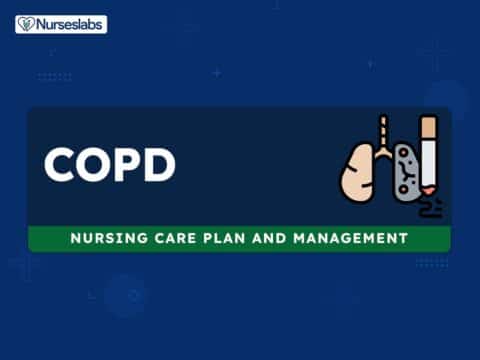
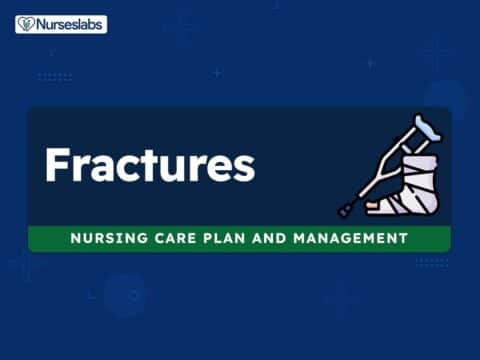
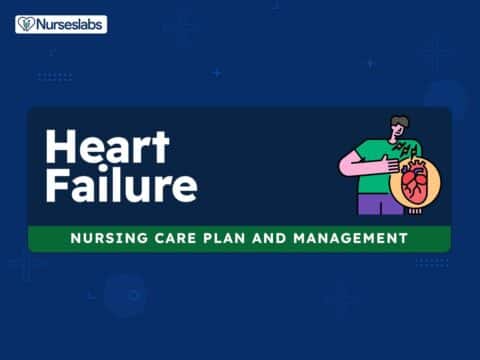
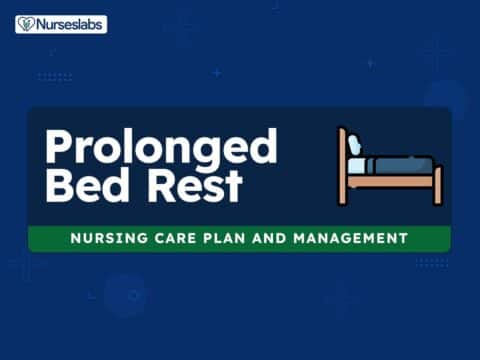
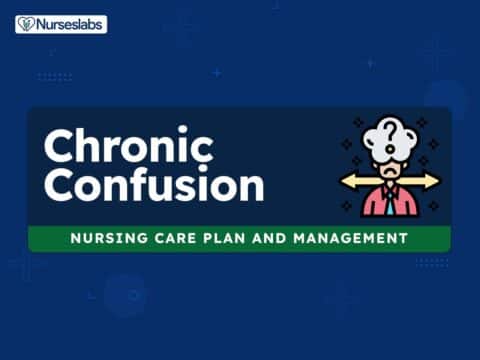
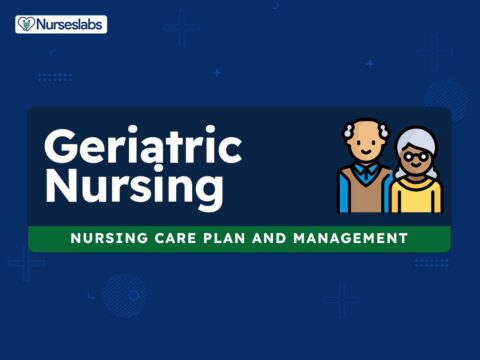
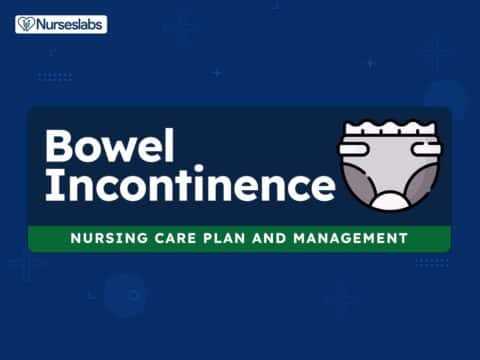

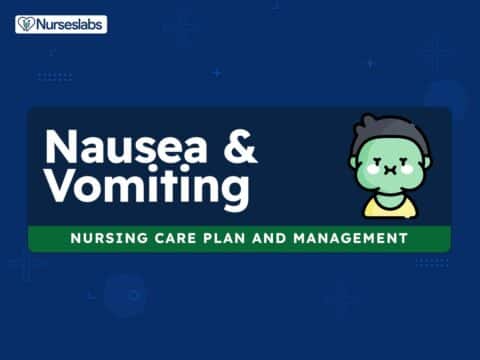
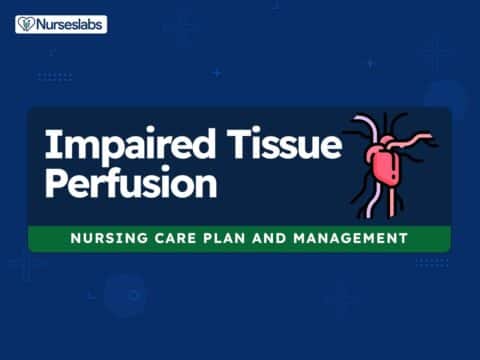

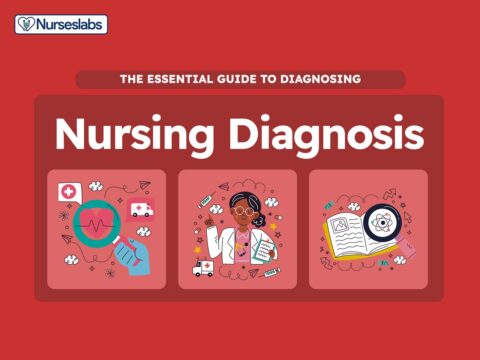
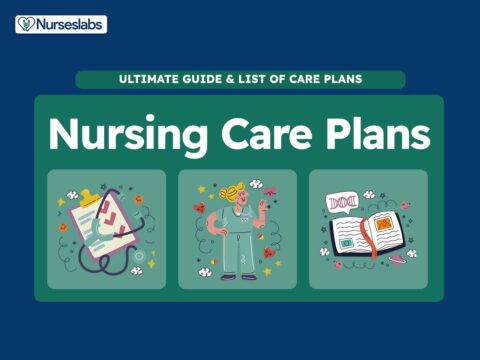
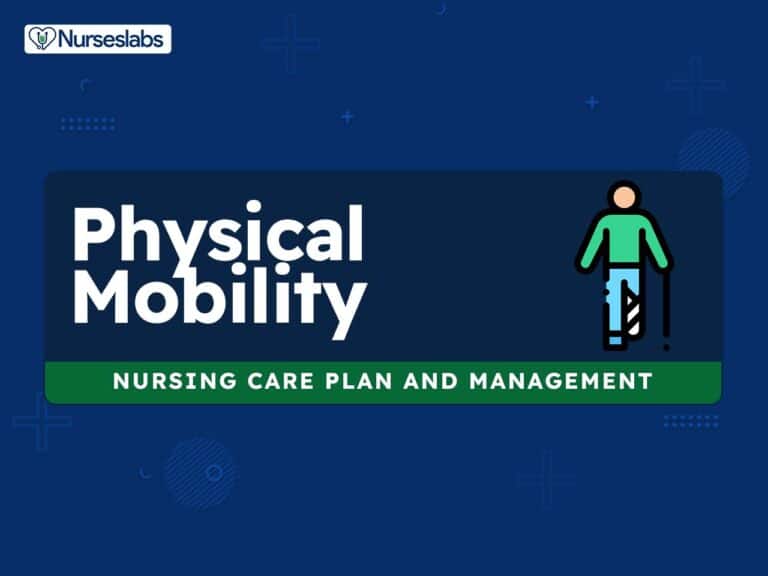
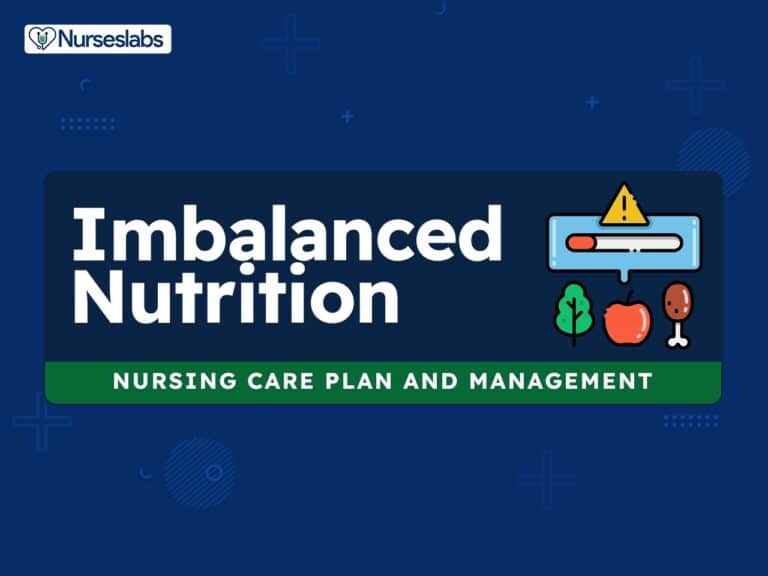
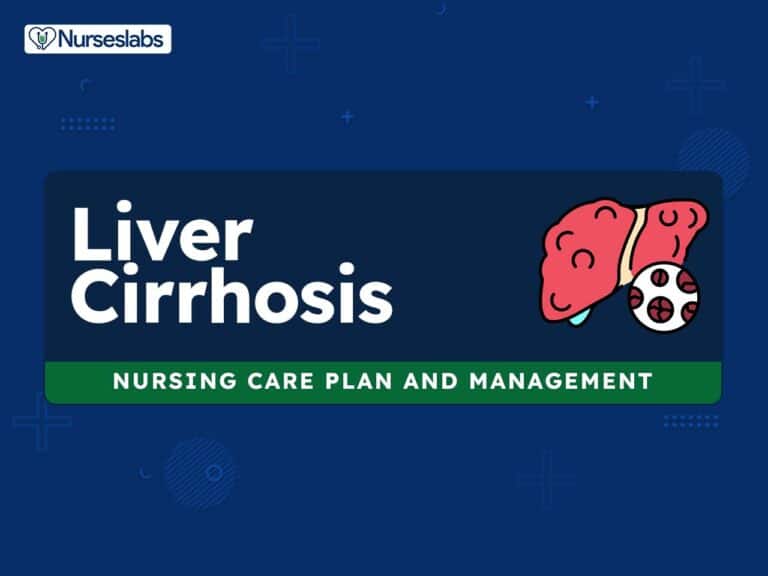
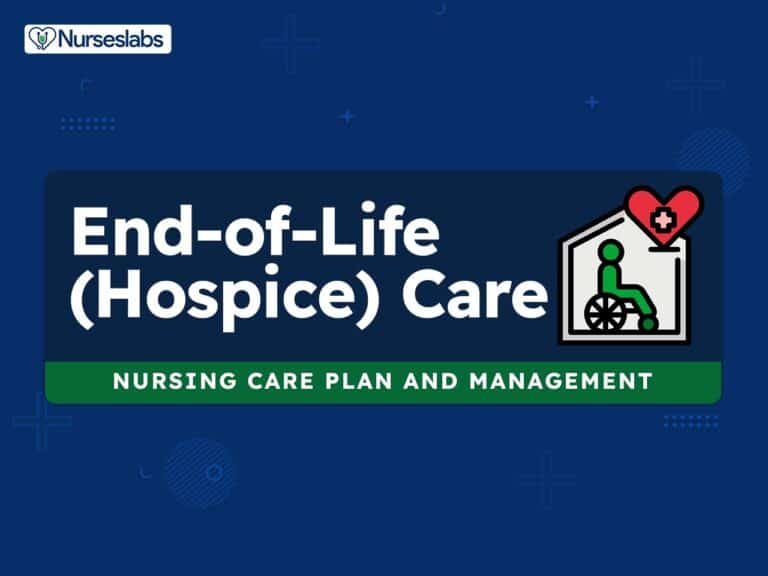
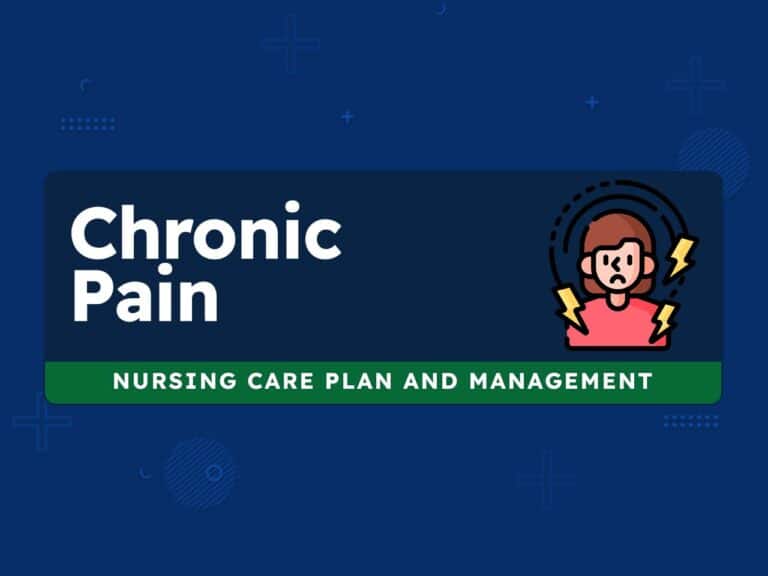
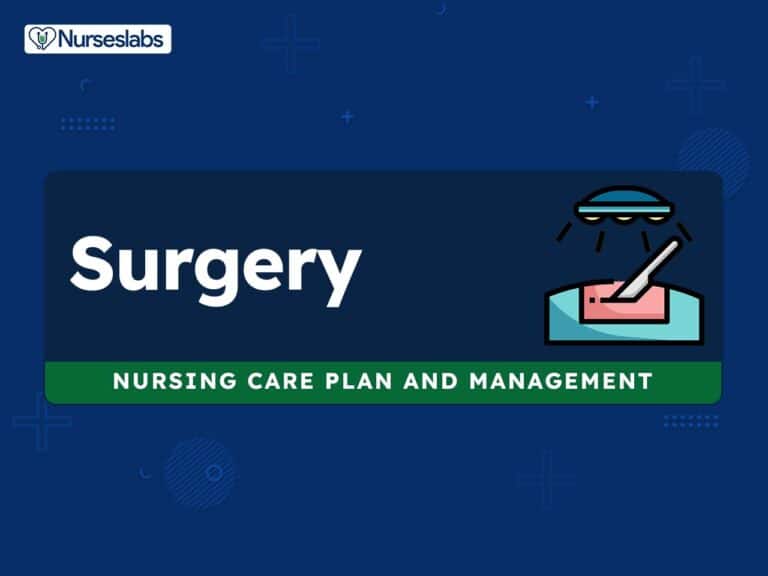
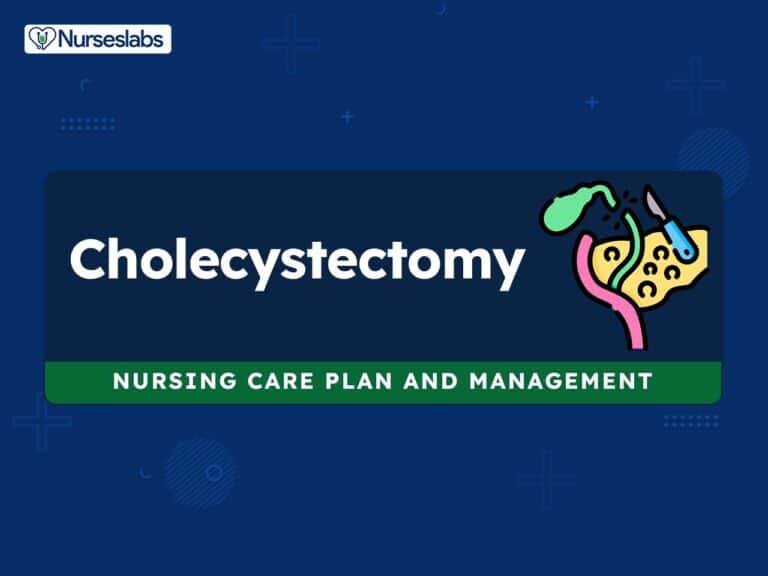

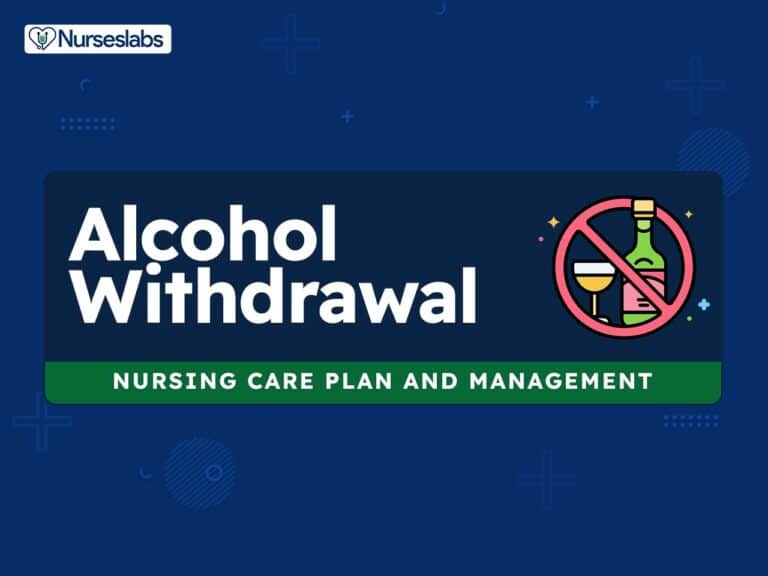
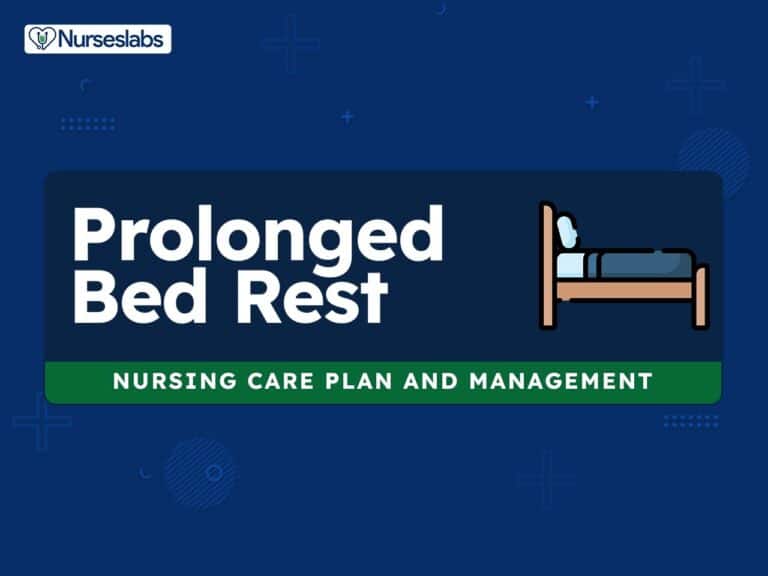
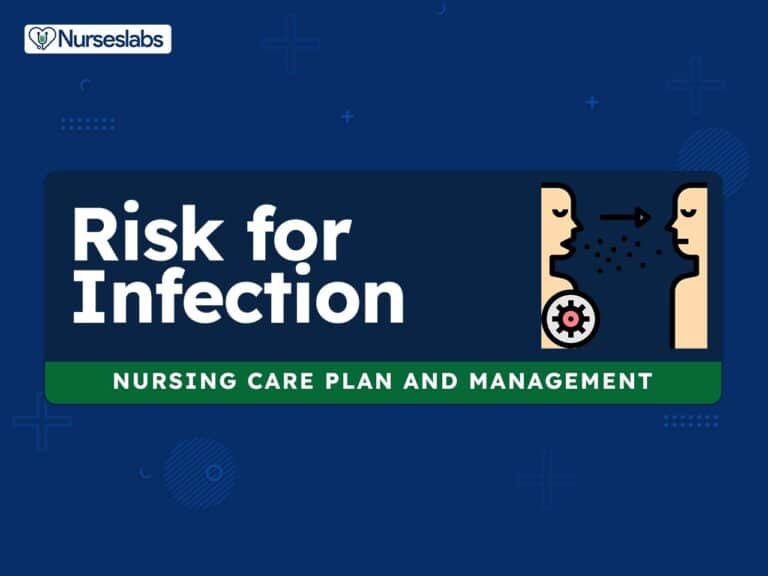
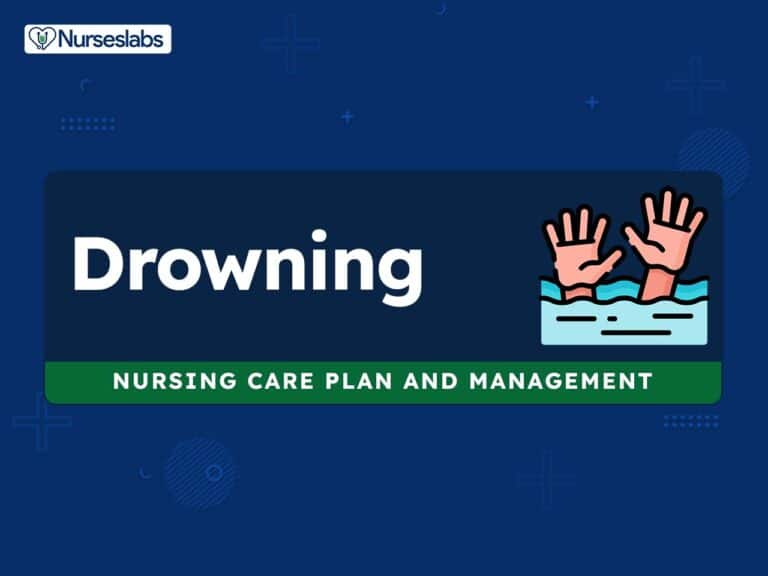
Leave a Comment